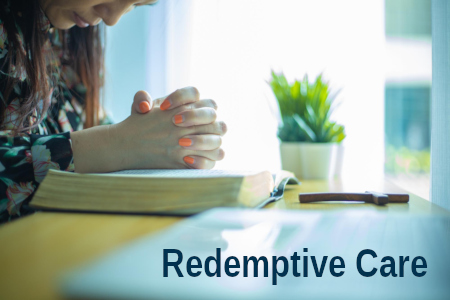
MAJOR DIMENSIONS OF REDEMPTIVE CARE
MLW1: Seminar Description
"But I reckon my own life to be worth nothing to me; I only want to complete my mission and finish the work that the Lord Jesus gave me to do, which is to declare the Good News about the grace of God," (Acts 20:24 GNT)."
In the glocal (global and local) situation in which Christian believers live today, we are all called to redemptive care—sharing the gospel of salvation through faith in Jesus Christ, nurturing the faith of others, and "fulfilling the work of faith with power" (2 Thessalonians 1:11). This seminar envisions a holistic approach to redemptive care in the context of one's lived out experiences. Various dimensions of redemptive care are discussed as they relate to specific sociocultural settings in the neighborhood, community and career.
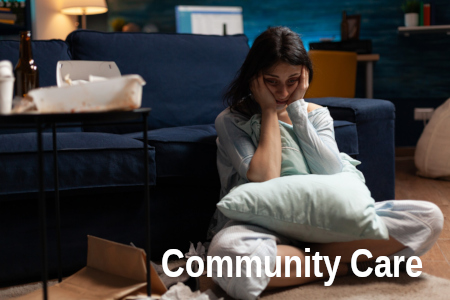
ADDRESSING SOCIAL VULNERABILITIES THROUGH COMMUNITY CARE
MLW2: Seminar Description
"The Spirit of the Lord God is upon me, because the Lord has anointed me to bring good news to the poor; he has sent me to bind up the broken hearted, to proclaim liberty to the captives, and the opening of the prison to those who are bound." (Isaiah 61:1)"
Caring for our community is rooted in the love of our neighbors as ourselves. Our neighbors are certainly those in our own communities. Addressing the social vulnerabilities within our communities enables the message of redemption and reconciliation to take root in a more receptive environment. This seminar discusses various types of community care as well as how to integrate community care into one's missional lifestyle.
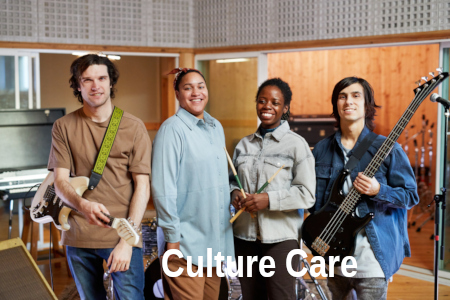
REPRESENTING THE NATURE OF GOD THROUGH CULTURE CARE
MLW3: Seminar Description
"And he has filled him with the Spirit of God, with skill, with intelligence, with knowledge, and with all craftsmanship, to devise artistic designs." (Exodus 35:31-32)
At the core of the biblical view of humanity is that of "image-bearers"—representing or imitating God on earth. Humans uniquely reflect the image of God within them when they express their God-given creative abilities. So it is possible for humanity to create cultures rich in beauty and goodness which represents the nature of God authentically. However, because humanity is sinful, it can also be tainted by sin and some of it can be demonic. (Lausanne Covenant, para. 10). Thus all cultures are integrated systems of beliefs, values, customs, and institutions that are impacted by sin. This seminar discusses the role of Christians in caring for the culture in our society.

UNDERSTANDING THE CULTIVATING AND TENDING FUNCTIONS OF CREATION CARE
MLW4: Seminar Description
"Then the Lord God took the man and put him in the Garden of Eden to cultivate it and tend it." (Genesis 2:15)
In Genesis 2 Adam was placed in the garden of Eden—a place where humanity was to live intimately with God. In this setting humanity was given the charge to work or to serve in the temple-like atmosphere. Adam was given the task to watch over, guard, preserve and protect the garden. As image-bearers of God, humans were given the task of "keeping" the garden just as the Lord "keeps" us and blesses us (Numbers 6:24-26, Psalm 12:7). This task was repeated in Genesis 3:23 after Adam and Eve were cast out of the garden. Thus, the task of caring for creation is central to our identity as being created in the image of God. The purpose for which humans were given dominion over the earth (Genesis 1:28) is the peace and blessing that God intends for us and for creation as we serve as caretakers of the creation God has entrusted to us. This seminar seeks to define the cultivating, tending, earth "keeping" functions in the scripture and applies them to a wide range of creation care opportunities.
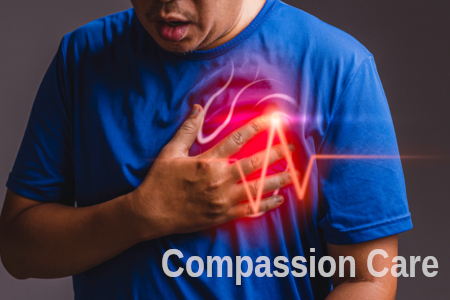
JOINING THE WORK OF GOD IN HEALING THE BODY, MIND AND SPIRIT THROUGH COMPASSION CARE
MLW5: Seminar Description
"Praise the Lord, my soul, and forget not my benefits—who forgives all your sins and heals all your diseases, who redeems your life from the pit, and crowns you with love and compassion, who satisfies your desires with good things so that your youth is renewed like the eagle's." (Psalm 103:2-15)
A biblical view of human well-being includes spiritual well-being as foundational to physical, mental and social well-being. In fact, since the loss of human well-being began with the first sin in Genesis 3, all humanity has suffered spiritual, physical, mental and social loss requiring healing of body, mind and spirit. God desires all of humanity to experience shalom, an inward sense of completeness or wholeness, that comes through peace with God (spiritual wholeness) combined with physical, mental, and social healing. The ministry of Jesus brought healing to human interconnected loss of well-being. Since life cannot be compartmentalized into the physical and spiritual, health care is truly compassionate care for the whole person encompassing forgiveness of sins (redemption), healing of disease (physical restoration), mental health (renewing the mind), and healing of relationships (reconciliation). This seminar evaluates various ways Christian believers can join the work of God in the healing of body, mind and spirit in the context of their everyday life.
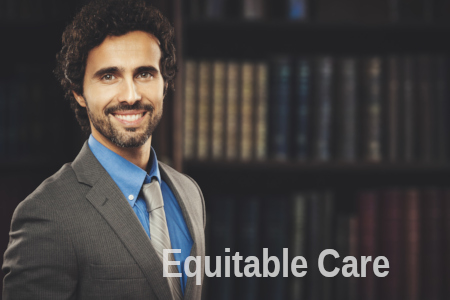
ADDRESSING JUSTICE VULNERABILITIES THROUGH EQUITABLE CARE
MLW6: Seminar Description
"He has told you, O man, what is good, and what does the Lord require of you but to do justice, and to love kindness, and to walk humbly with your God?" (Micah 6:8)
When Micah stated three actions which God requires of us, he summed up the core message of three prophets alongside which he served: Amos' appeal for justice (Amos 5), Hosea's message of steadfast love (Hosea 12:6), and Isaiah's call to live in humble devotion to God (Isaiah 58). For the people of God, equitable care is rooted in the covenant relationship with God—which in the Old
Testament was based on the covenantal relationship between God's people (Israel) and God, and in the New Testament era is based on the new covenant that we have through salvation in Jesus Christ. Isaiah says that God desires his people to "Keep justice, and do righteousness" (Isaiah 56:1). This seminar explores various types of equitable care found in the scripture and evaluates the work of God in addressing justice vulnerabilities and ways Christian believers can participate in that mission.
